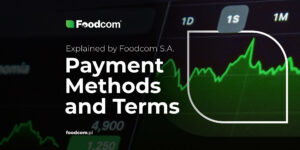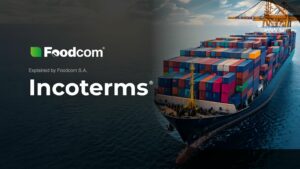Futures Contracts – what is it?
Futures Contracts represent standardized agreements to buy or sell a specific quantity of a commodity at a predetermined price on a set future date. These contracts are typically traded on futures exchanges and are used both as financial instruments for hedging against price volatility and as speculative tools. In industries like food and feed, futures contracts can be vital in ensuring price stability and managing supply chain risks, especially when dealing with commodities that might see significant price fluctuations.
Most common questions
1. Why are futures contracts significant in the food and feed industry?
Futures contracts offer a level of predictability in industries where commodity prices can be highly volatile. For businesses in the food and feed sectors, such contracts can lock in prices for essential inputs or products, ensuring consistent pricing and aiding in financial planning. This stability can be crucial for both producers and consumers.
2. How does a futures contract differ from a regular purchase order?
While both futures contracts and purchase orders involve an agreement to buy or sell, futures contracts are standardized in terms of quantity, price, and delivery date and are traded on established exchanges. Purchase orders, on the other hand, are direct agreements between buyers and sellers and might not have the standardization and liquidity associated with futures contracts.
3. Are there risks involved with futures contracts?
Yes, like all financial instruments, futures contracts carry risks. While they can hedge against price volatility, unpredictable market events can lead to contract losses. Moreover, speculative activities in futures can amplify risks. It’s crucial for businesses to understand these dynamics and possibly consult with financial experts before engaging in futures trading.




